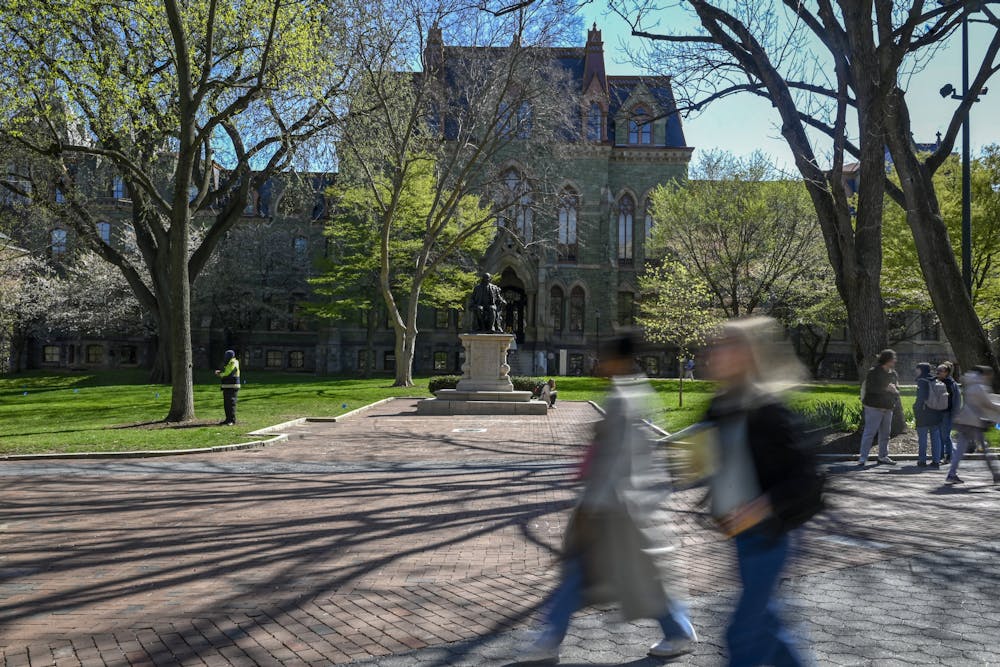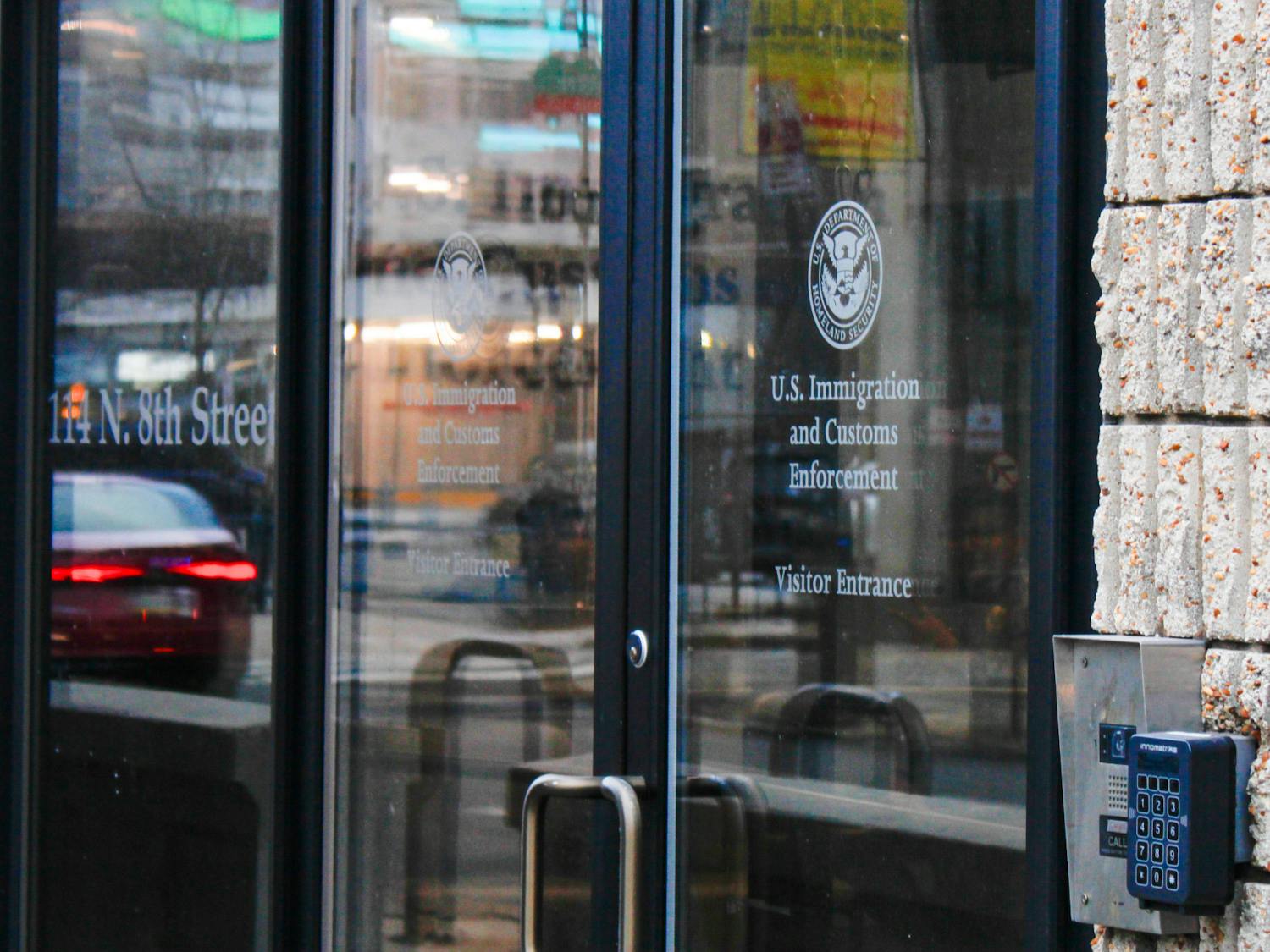Meritocracy is dead. In his article, How the Ivy League Broke America, David Brooks argued that the Ivy League had come to rely on segregating people based on their IQ, putting immense amounts of pressure on kids. This is a system doomed to fail, he posited, because the Ivy League ended up recycling an elitist mechanism by giving preference to kids with the most impressive resumes. Resumes that were carefully crafted by parents willing to spend thousands of dollars in making their kids more competitive through extracurriculars and fancy education, like the AP courses.
While there is some truth to Brooks’ claim — kids with wealthy parents will obviously have more access to resources that will make them competitive — I want to tell another side of the story. I did not come from a wealthy family. As an international student, while applying to colleges, I quickly realized that my best chance for coming to an American university was getting into the Ivy League.
I came to the Ivy League because I was chasing a kind of social mobility that I believed could only be found at top global universities. In fact, John N. Friedman, chair of the Economics Department at Brown, described attending the Ivy League as “a transformative experience.” That is because it increases the chance of a student getting into the top 1% of the population by 60%. While it is true that mid-tier American universities have been found to be more effective at doing this for low-income students, it is also true that top American universities are simply more generous in their financial aid offers, making an education like mine possible.
However, once I found that the Ivy League was my only chance of finding an affordable college in the U.S., Brooks and I shared the same question: How do I, a low-middle-class, international student, get in?
I did not have access to AP classes, varsity sports were not a thing in my country, I did not have access to any preparation for the SATs, my parents did not have thousands of dollars to invest in me — I did not have any of the things on Brooks’ list. And yet, here I am. And so are thousands of other students like me in the Ivy League.
Now, you might be thinking I’m generalizing my unique case, but in fact research shows that there is a “hidden supply” of very high-achieving, competitive candidates who are low-income. The study demonstrates that low-income, high-achieving students have as much of a chance at getting into an elite education as a wealthy student.
For example, data shows that low-income, high-achieving students score almost in the same percentile (94.1) as wealthy students (95.7). The study found that low-income, high-achieving students who apply to highly selective universities are just as likely to enroll and progress as high-income students. Finally, high-achieving, low-income students would actually obtain more competitive financial aid packages at an elite school than from a public school. Thus, it would be more affordable to go to, say, a school like Penn. The reason why these students are not going to elite institutions is because they don’t receive enough guidance.
So, meritocracy in Ivy League admissions is, in fact, not dead. Contrary to what Brooks proposes, it is possible to pass this intelligence threshold regardless of your income. Yet, meritocracy alone is simply not enough to thrive once inside, once you pass the “intelligence threshold” Brooks refers to.
SEE MORE FROM MARIANA MARTINEZ:
When I think about my time at an Ivy League institution, I see it as a round of poker: It is an open game, but the rules are hidden. You need to understand all the probabilities, the hand rankings, and the bidding mechanisms. A game I didn’t know the rules of until perhaps it was too late. I think about all the things I didn’t know that could have saved me some stress: getting involved in clubs as early as freshmen fall is important, it is advisable to explore several disciplines before committing to one, it is important to start hunting for internships as early as October or November, and above all you must network, network, and network!
What I just listed might seem more than obvious to you, but to me, this is information I hadn’t come to learn until very recently, after making several mistakes that perhaps put me behind in this “game.” I simply didn’t have anyone to tell me these things. Clearly, Penn’s intensely pre-professional culture does not help in easing the pressure. Nonetheless, you might have been an overachiever in high school, but if you don’t know the rules of this game, you are definitely up for quite the challenge.
Brooks compares the way admissions used to work before the 1950s: It was all about connections, legacies, and money. He claims that very little has changed: The admissions process has once again become about money and nepotism, under the guise of intelligence and merit. Yet, I’d beg to differ. The admissions process is mostly about meritocracy, but success, once you’re inside the college environment, is what’s all about connections, and sometimes even legacies and wealth. Without guidance, without knowing how to play this game, it’s very easy to fall behind.
Is social mobility a myth, then? I don’t think so. I believe that truly belonging in and taking advantage of an Ivy League environment is possible, with the right guidance. For example, many people (regardless of income) come from feeder schools where they already know how the system works ahead of time. However, as someone whose parents went to college in a different country, I have had to find out useful information every day by myself. Information that could have propelled me ahead in the game, bringing me closer to fantastic opportunities that would have brought me closer to my goal of social mobility — that is, if I had known to pursue them. There is no lack of opportunities within this amazing education environment like the Ivy League.
The problem is that oftentimes, low-income, first-generation, and international students or from other minority groups don’t have the tools to find out about them. Oftentimes, advising assumes you already have baseline knowledge of these hidden rules, forgetting that in certain contexts or households, these things were never mentioned. An advisor might tell me that I need to find internships, but forgets to tell me how crucial it is to network or that Career Services can be a great resource. Advisors can tell me that I need to get a job, but they forget to ask me crucial questions about what industries I’d like to work in or how recruiting for different industries differs. Students like me should not have to find out about these things when deadlines have passed. Students shouldn’t have to look back on their four years of college thinking, “If only I had known this.”
Penn has not failed me. It has given me fantastic opportunities, but I do feel like Penn could do more for students like me. We deserve more guidance. It’s important to remember that a large portion (34% are first-generation or international students) of the Penn population is not familiar with these types of environments. It’s not enough to have opportunities on every corner of campus if we are not taught how to reach them, or even where to look for them. Meritocracy is not dead, but Penn needs to teach their students how and where to put it to their advantage. Against all odds, we have made it into the game, now we just need these institutions to be more willing to teach us how to play our hands better.
MARIANA MARTINEZ is a College sophomore from Bogotá, Colombia. Her email is marmari@sas.upenn.edu.









